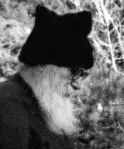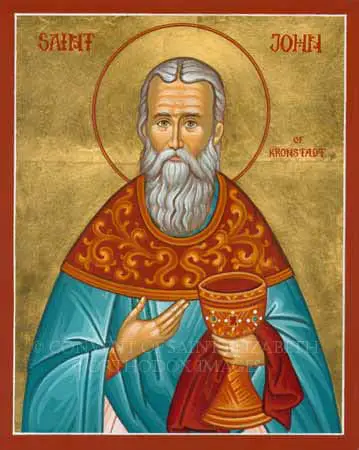St. Isaac the Syrian: A humble man is . . .

A humble man is never rash, hasty or perturbed, never has any hot and volatile thoughts, but at all times remains calm. Even if heaven were to fall and cleave to the earth, the humble man would not be dismayed. Not every quiet man is humble, but every humble man is quiet. There is no humble man who is not self-constrained; but you will find many who are self-constrained without being humble. This is also what the meek humble Lord meant when He said, ‘Learn of Me, for I am meek and humble of heart, and ye shall find rest unto your souls.’ [Matt 11:29] For the humble man is always at rest, because there is nothing which can agitate or shake his mind. Just as no one can frighten a mountain, so the mind of a humble man cannot be frightened. If it be permissible and not incongruous, I should say that the humble man is not of this world. For he is not troubled and altered by sorrows, nor amazed and enthused by joys, but all his gladness and his real rejoicing are in the things of his Master. Humility is accompanied by modesty and self-collectedness: that is, chastity of the senses; a moderate voice; mean speech; self-belittlement; poor raiment; a gait that is not pompous; a gaze directed towards the earth; superabundant mercy; easily flowing tears; a solitary soul; a contrite heart; imperturbability to anger; undistributed senses; few possessions; moderation in every need; endurance; patience; fearlessness; manliness of heart born of a hatred of this temporal life; patient endurance of trials; deliberations that are ponderous, not light, extinction of thoughts; guarding of the mysteries of chastity; modesty, reverence; and above all, continually to be still and always to claim ignorance.
+ St. Isaac the Syrian, “Homily 72: On the Vision of the Nature of Incorporeal Beings, in Questions and Answers,” Ascetical Homilies of St Isaac the Syrian
St. Isaac the Syrian: A humble man is . . . Read More »






